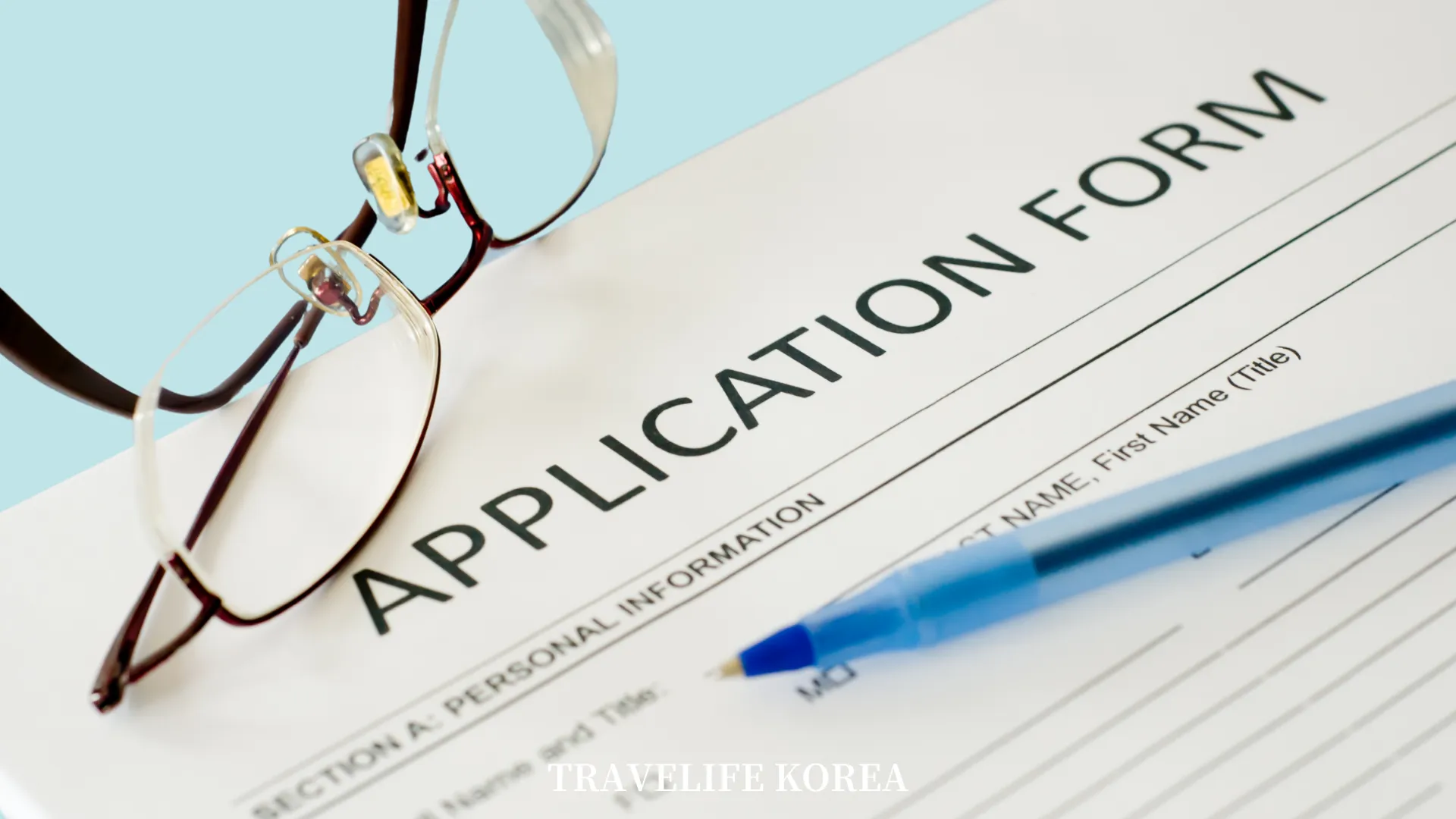Are you considering studying Korean in Korea? This guide is your go-to resource for everything you need to know about the application process, visa requirements, and choosing the right program. Studying Korean in Korea offers an immersive experience, allowing you to master the language while embracing the culture.
Differences Between University Language Institutes and Language Schools
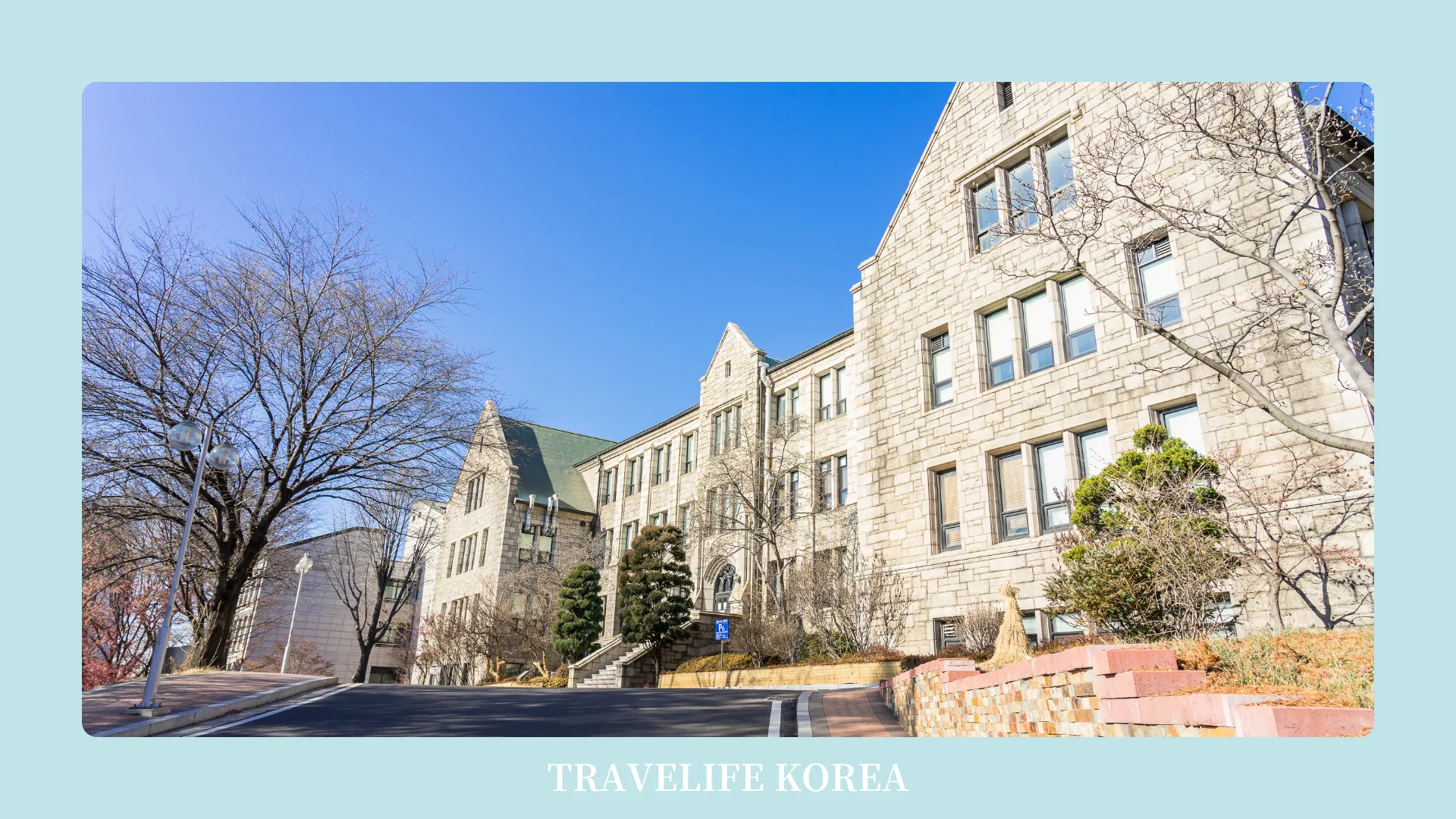
Choosing between a university language institute and a private language school is a critical decision when planning to study Korean in Korea. Each option offers unique experiences and caters to different learning preferences and objectives.
University language institutes, typically part of major universities like Yonsei University Korean Language Institute or Sogang University Korean Language Education Center, offer structured, academically rigorous programs designed to take students from beginner to advanced levels. These institutes provide a comprehensive curriculum that integrates language skills with cultural knowledge, offering access to extensive university resources such as libraries, student clubs, and campus facilities. Students at these institutes benefit from the academic environment, networking opportunities, and the prestige associated with studying at a recognized university. The programs generally follow a semester system with fixed start dates and longer course durations, which might be ideal for students seeking a thorough academic experience and those planning to pursue higher education or professional opportunities in Korea.
On the other hand, private language schools offer more flexible and varied programs, ranging from intensive courses to casual conversational classes. These schools typically have shorter terms, more frequent start dates, and smaller class sizes, allowing for a more personalized learning experience. Language schools are often more adaptable, making them suitable for professionals, tourists, or individuals with limited time who still wish to learn Korean. These schools are also generally less expensive than university language institutes, providing a cost-effective alternative for those on a budget. However, they might lack the extensive resources and academic rigor of university-affiliated programs, focusing more on practical language use and less on academic study.
| University Language Institutes | Language Schools | |
|---|---|---|
| Affiliation | Part of a university, often prestigious and well-established | Independent institutions, may be smaller and less formal |
| Programs Offered | Structured courses from beginner to advanced levels, including academic Korean | Varied programs from intensive courses to conversational classes |
| Course Duration | Typically 10-week semesters, with around 200 hours of instruction per semester | Typically 10-week semesters, with around 200 hours of instruction per semester |
| Start Dates | Four intakes per year: Spring, Summer, Autumn, Winter | Monthly start dates, allowing for flexible enrollment |
| Class Schedule | Classes usually held daily, Monday to Friday, 9:00 AM – 1:00 PM | Classes may vary but typically held 4 days a week, 10:00 AM – 1:00 PM |
| Class Size | Larger class sizes, typically 10-15 students | Smaller class sizes, typically 5-10 students |
| Instruction Style | More formal and academic, with a focus on comprehensive language skillsInstruction Style | More practical and interactive, focusing on everyday language use |
| Curriculum | Includes language, culture, academic skills, and sometimes elective courses | Primarily focused on language skills, with some cultural components |
| Facilities | Access to university resources such as libraries, cafeterias, and student services | Basic facilities, with limited access to resources like libraries |
| Accommodation | On-campus dormitories or university-arranged housing | Off-campus housing or school-arranged apartments and goshiwons |
| Extracurricular Activities | Access to university clubs, cultural events, and campus activities | May offer cultural excursions and social events but on a smaller scale |
| Cost | Higher tuition fees, reflecting access to university resources and facilities | Generally lower tuition fees, with fewer resources included |
| Visa Support | Provides comprehensive support for student visa applications (D-4, D-2) | Provides basic visa support, primarily for short-term or working holiday visas (C-3, H-1) |
| Networking Opportunities | Opportunities to interact with university students and faculty | Networking mainly with peers and instructors within the school |
| Certification | Issuance of formal certificates, often recognized for academic and professional use | Issuance of completion certificates, primarily for personal development |
| Admissions Requirements | More stringent, may require educational qualifications and placement tests | Generally more flexible, with fewer entry requirements |
| Support Services | Comprehensive student support including counseling, academic advising, and career services | Limited support services, often focused on language learning needs |
| Ideal For | Students seeking a rigorous academic environment, potentially leading to further academic or professional opportunities | Students needing flexible scheduling, personalized attention, and practical language use |

Steps to Apply to Korean Language Schools

Begin by identifying your goals and preferences for studying Korean. Do you prefer an academic setting or a more casual learning environment? Research various university language institutes and private language schools to find programs that match your needs. Consider factors such as course content, location, cost, class size, and reputation. Utilize online resources, school websites, and reviews to gather information.
Admission requirements can vary significantly between institutions. Generally, you will need to complete an application form available on the school’s website. Prepare a copy of your valid passport, recent passport-sized photos, and proof of your highest educational qualification, such as a diploma or transcript. Some schools may require a personal statement or study plan outlining your reasons for studying Korean and your future goals. Be sure to understand the specific requirements for your chosen school and gather all necessary documents.
Fill out the application form meticulously, ensuring all information is accurate and complete. Assemble all required documents, including translations if necessary. Submit your application through the school’s online portal or by mail, adhering to the submission deadlines. Missing deadlines can delay your admission and visa process.
If you have prior knowledge of Korean, most schools will require a placement test to determine your proficiency level. This test typically includes sections on reading, writing, listening, and speaking. Review basic Korean grammar and vocabulary to prepare for the test, which helps ensure you are placed in a class that matches your skills.
After evaluating your application and test results, the school will issue an admission confirmation letter. This document includes details on tuition payment and further steps. It is also essential for your student visa application.
Tuition payment instructions will be included in your admission confirmation. Payments are usually made via bank transfer. Keep all payment receipts as they are often required for visa applications and future reference.
With your admission confirmation and tuition payment receipt, you can apply for a student visa (detailed in the Visa Application Process section).
Decide on your accommodation preferences, such as university dormitories, goshiwons (small, inexpensive rooms), or private apartments. Some schools provide on-campus housing, while others assist with finding off-campus accommodations. Choose based on your budget, comfort level, and proximity to the school.
Plan your travel to Korea, ensuring you arrive a few days before your program starts to settle in and attend orientation activities. Pack essentials, including your documents, personal items, and any required academic materials.
Most schools offer orientation sessions for new students, providing valuable information about the course structure, campus facilities, local culture, and emergency contacts. Attending orientation helps you acclimate to your new environment and make the most of your study experience.
Student Visa Application Process
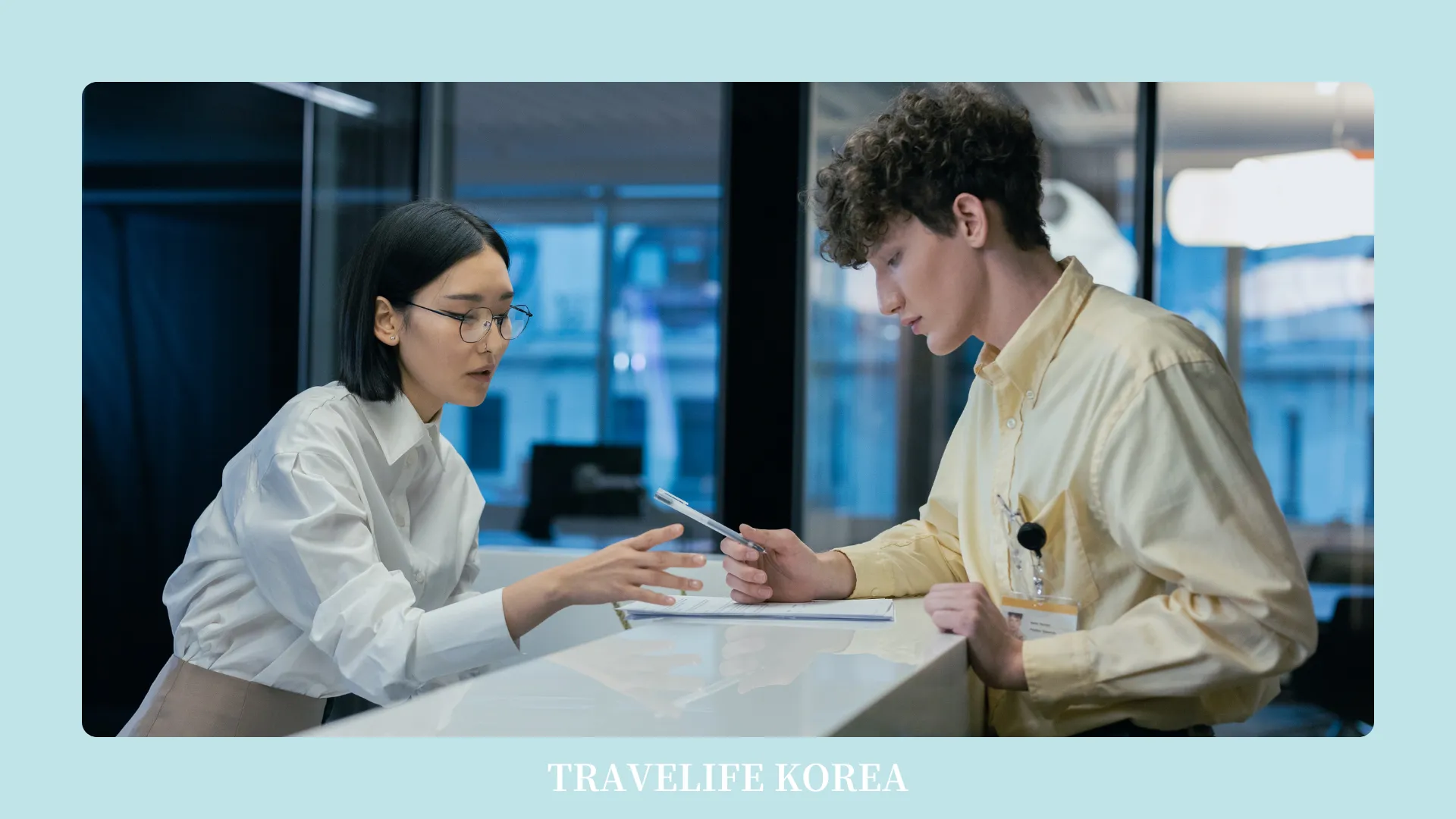
Securing a student visa is essential for studying Korean in Korea. The type of visa you need depends on the length and nature of your program. Here’s a comprehensive look at the various visas available for language students and how to apply.
D-4 Visa (General Training Visa)
The D-4 visa is ideal for students enrolling in Korean language programs at universities or accredited language institutes. This visa is designed for non-degree educational programs, such as language training. To apply, you will need an admission confirmation from the language school, a completed visa application form, a valid passport, passport-sized photos, and proof of sufficient funds to cover tuition and living expenses. Financial proof typically includes recent bank statements showing a sufficient balance. Depending on the embassy or consulate, additional documents like a medical certificate and a criminal background check might be required.
Submit your application to the nearest Korean embassy or consulate, and expect processing times of 5 to 15 business days. Once approved, the D-4 visa allows you to stay in Korea for the duration of your language program, with the possibility of extension if you continue your studies. Upon arrival, you must apply for an Alien Registration Card (ARC) within 90 days. The ARC serves as your official identification in Korea, required for activities like opening a bank account and signing a lease.
D-2 Visa (Student Visa)
The D-2 visa is for students enrolled in full-time degree programs at Korean universities, including undergraduate, graduate, and doctoral studies. If your Korean language course is part of a degree program, this visa is appropriate. The application process for the D-2 visa is similar to the D-4 visa but requires additional academic documents like transcripts, diplomas, and sometimes letters of recommendation. Financial proof must cover the entire study period, showing you can support yourself financially throughout your stay.
Submit your application with all necessary documents to the Korean embassy or consulate. The D-2 visa usually allows multiple entries and is valid for the duration of your studies. Like the D-4 visa, apply for an ARC upon arrival and update your visa status if your study plans change.
C-3 Visa (Short-Term General Visa)
The C-3 visa is suitable for short-term language programs or study tours not exceeding 90 days. This short-term general visa is used for purposes like tourism, family visits, and short-term study. Submit your application form, passport, passport-sized photos, and admission confirmation from the language school, along with financial proof to demonstrate your ability to support yourself. Processing times are generally quicker than for the D-4 or D-2 visas, ranging from 3 to 10 business days. Note that the C-3 visa does not permit stays longer than 90 days and cannot be extended.
H-1 Visa (Working Holiday Visa)
The H-1 visa allows young adults from countries with a working holiday agreement with Korea to travel and work for up to one year. It permits enrollment in short-term language courses but is primarily for cultural exchange and casual work. To apply, submit your passport, visa application form, passport-sized photos, and proof of funds, along with a return flight ticket or sufficient funds to purchase one and travel insurance covering your stay. Some embassies may require a criminal background check and medical certificate.
Preparing for Life in Korea
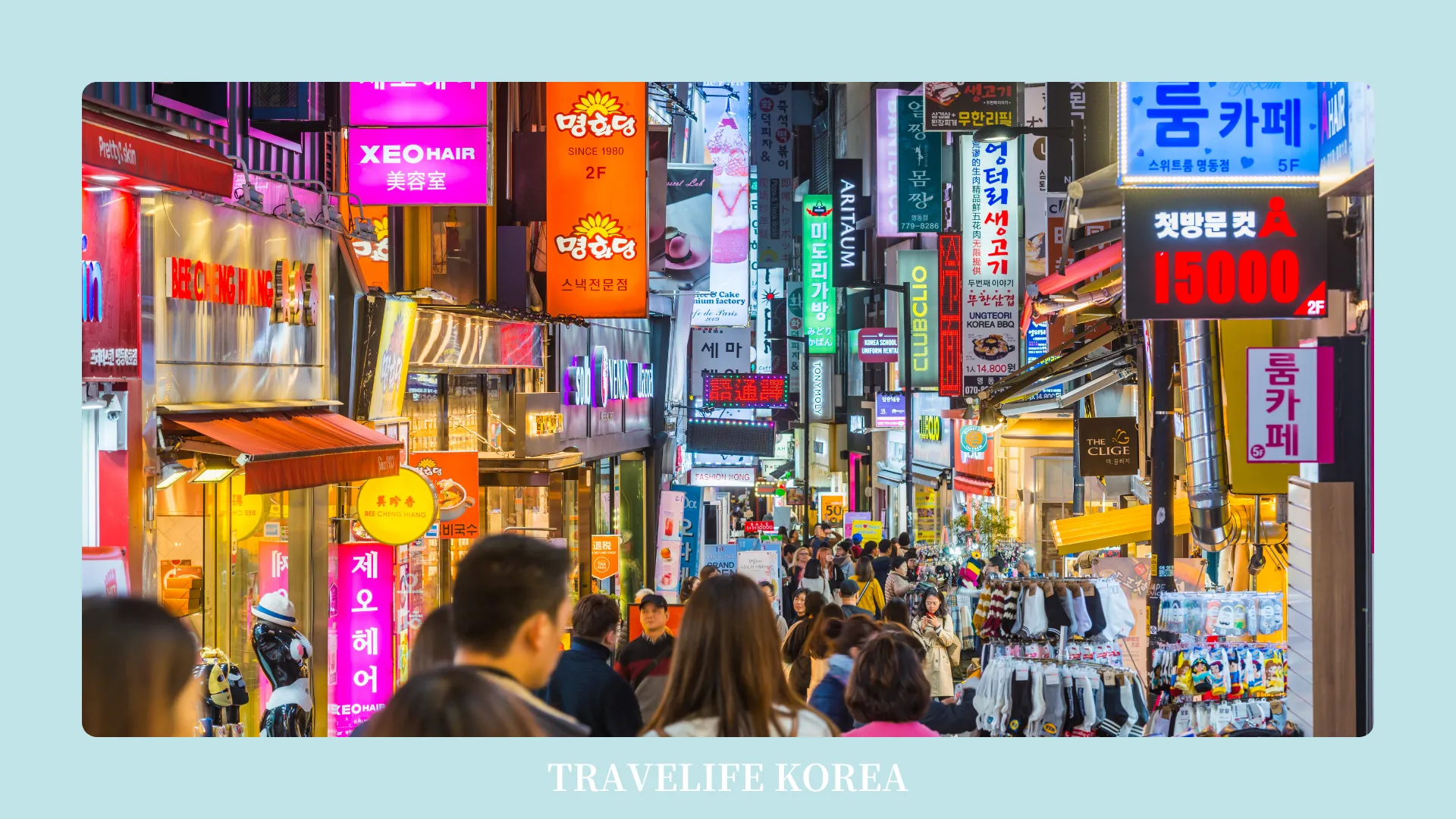
Adjusting to life in Korea as a language student requires thorough preparation and an open attitude toward new experiences. To start, immerse yourself in Korean cultural norms, such as bowing as a sign of respect, using both hands when giving or receiving items, and removing shoes before entering homes. These practices are essential for fitting into Korean society and will help you build respectful relationships with locals. Engage in daily interactions to practice your Korean outside the classroom, whether by ordering food at a restaurant, shopping at local markets, or using public transportation. Participating in language exchange meetups and cultural activities can also enhance your practical language skills and deepen your cultural understanding.
When choosing your accommodation, you have several options that cater to different needs and budgets. University dormitories provide a convenient and community-oriented living environment, often with easy access to campus facilities, though they might have rules like curfews and communal living regulations. They are a good choice for those who prefer a structured environment and proximity to their study location. For those on a tighter budget, goshiwons (small, inexpensive rooms) offer minimalist living arrangements with basic furnishings and shared facilities, making them ideal for students who need affordable housing and are comfortable with compact spaces. If you seek more privacy and flexibility, consider renting a studio or apartment, which offers greater independence and comfort, although this option typically comes at a higher cost and might require longer-term lease commitments.
Healthcare and insurance are critical aspects to consider as you prepare for your stay in Korea. Ensure you have comprehensive health insurance coverage to handle any medical expenses, as Korea’s healthcare system, while excellent, can be costly without insurance. Many language schools offer health insurance plans specifically for international students, or you can purchase an independent plan. Familiarize yourself with the nearest hospitals and clinics to understand where to go for medical care and how to use your insurance. Additionally, managing your finances efficiently is crucial. Opening a local bank account can simplify transactions and payments, especially if you plan to stay for an extended period. You will typically need your Alien Registration Card (ARC), passport, and a local phone number to set up an account.
Staying connected is essential, so obtaining a local SIM card or a mobile phone plan should be a priority. Many providers offer prepaid and contract options, and having a local number will be useful for daily life and administrative tasks. Korea’s extensive high-speed internet network also makes it easy to stay connected and access online resources. Budgeting for living expenses is another key part of preparing for life in Korea. Expect to budget for costs such as rent, food, transportation, and entertainment. Cooking at home and using public transportation can help manage your expenses effectively. Finally, engaging in social and extracurricular activities can greatly enhance your experience. Join clubs, attend school-organized events, and explore local attractions to immerse yourself in the culture, build new friendships, and make the most of your time in Korea.
Post-Study Opportunities
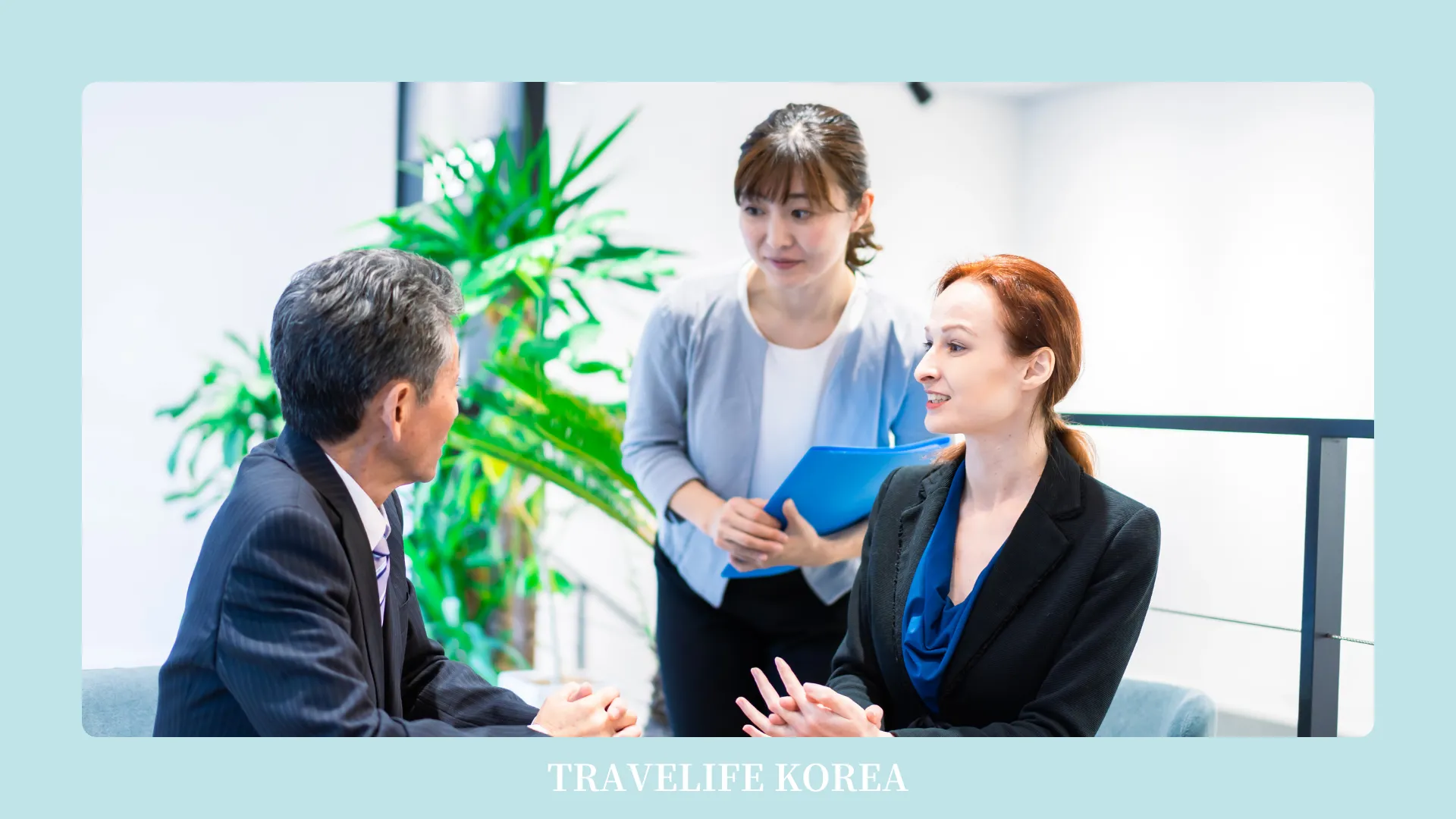
Upon completing your Korean language studies, you’ll find a wealth of opportunities to apply your skills and experience, whether in continuing education or entering the workforce. For those interested in further academic pursuits, your improved Korean proficiency opens doors to enrolling in degree programs at Korean universities. These programs cover a broad range of disciplines such as business, technology, humanities, and social sciences. Your language skills will not only facilitate your academic studies but also provide a competitive edge in fields where bilingualism is an asset.
The professional landscape in Korea offers diverse career opportunities for those fluent in Korean. Your language proficiency can make you a valuable candidate in sectors such as international business, technology, education, and translation. Roles that require communication with Korean clients or partners, or involve teaching Korean, are particularly well-suited to your skill set. Teaching English or Korean can be a rewarding career path, offering the chance to further engage with the local community and deepen your cultural immersion. Additionally, participating in cultural exchange programs and networking events can expand your professional network, leading to potential internships, job placements, and collaborative projects. These experiences not only build your resume but also strengthen your professional connections in Korea.
Entrepreneurial opportunities are also abundant in Korea’s thriving startup ecosystem. The government supports foreign entrepreneurs through grants, incubators, and other resources, making it an attractive destination for launching new ventures. If you have a business idea, exploring the startup scene in Korea can provide the support and resources you need to bring it to life. Furthermore, obtaining a Korean language certification, such as the Test of Proficiency in Korean (TOPIK), can formalize your language skills, enhancing your academic and professional credentials. This certification is beneficial for job searches, academic applications, and residency applications, proving your proficiency in Korean.
Lastly, staying connected with alumni networks from your language school or university offers ongoing support and professional development opportunities. These networks provide valuable resources, social connections, and platforms for sharing experiences and advice. Engaging with these communities can help you navigate post-study challenges and capitalize on the opportunities that arise from your language studies in Korea. By leveraging these networks, you can continue to grow personally and professionally, making the most of your time and effort spent studying Korean in Korea.
Conclusion
Studying Korean in Korea offers a unique and enriching opportunity to master the language in its cultural and social context. Whether you choose a university language institute for its structured, academic environment or a private language school for its flexibility and personalized approach, both paths promise a deep dive into the Korean language and culture. Preparing for life in Korea involves adapting to local customs, managing practical aspects like accommodation and finances, and engaging in cultural activities to enhance your experience. Post-study, your language skills and cultural knowledge open doors to further education, diverse career opportunities, and meaningful personal growth. The skills and connections you develop will be invaluable as you pursue higher education, enter Korea’s dynamic job market, or explore entrepreneurial ventures. Embrace this transformative journey to study Korean in Korea, and make the most of the opportunities that arise from this immersive learning experience. Start planning your adventure today and embark on a fulfilling educational journey in Korea.
